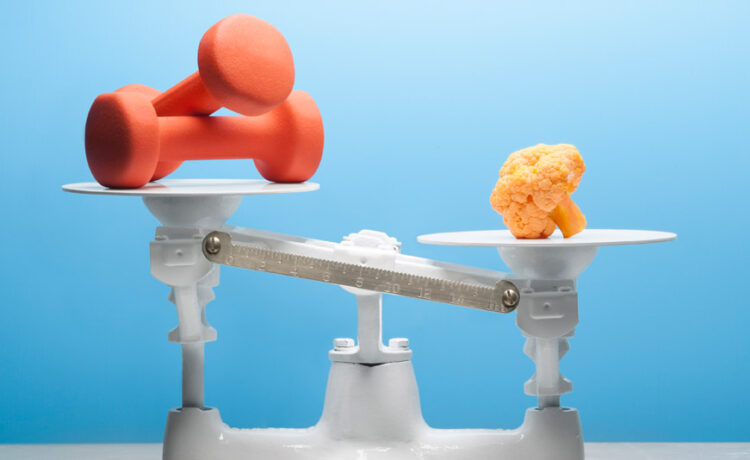Nutrition plays a vital role in weight loss. Its function is to determine the number of calories a person consumes in a diet.
A healthy diet helps maintain healthy body weight, reduces the risks of chronic diseases, and supports average body growth, leading to overall well-being. Being mindful of the varieties of foods and the amount of food you take in a day can lead to successful weight loss.
Here are tips on why nutrition matters for successful weight loss.
You can keep your calorie intake in check
Following a good nutrition schedule can help reduce calorie intake and help you lose weight. However, calorie intake can change depending on various factors like size, age, sex, and activity level, making it hard to trace the exact amount to consume. Besides the above factors, the daily recommended calorie intake for women and men is 2,000 and 2,500, respectively.
Helps with hydration
Nutrition also helps with hydration. The more hydrated you are, the more your body can do tasks ranging from thinking to burning body fat. In addition, water can help with weight loss in the following ways:
It can suppress your appetite
You should be mindful of how long you take to consume food because you can confuse thirst with hunger if you are not well dehydrated. Before you are tempted to eat that snack, take a glass of water and hydrate yourself first; then, your stomach will signal to the brain if it’s full. Hydrating frequently can help decrease your appetite hence losing some inches.
It can stimulate your metabolism
Drinking 500ml three times a day can increase your metabolic rate by up to 30%, ultimately helping with weight management. The body expends energy to warm the water you take, so the more water you intake, the more energy is released, thus helping in weight loss.
It helps for contraction of muscles during exercise
Taking water before, during, and after a workout is essential because it dissolves body electrolytes (sodium, potassium, and magnesium) and circulates them throughout the body. The electrical energy produced by the electrolytes triggers muscle contraction required for movement, giving you more energy for exercise, thus losing weight.
Exposes you to a healthy fruits and vegetables diet
Fruits and vegetables are low in calories, though not all. They are rich in fiber and water that can add volume to your daily dishes and make you full without taking up more calories. Incorporating fruits and vegetables like apples, pears, soy, green leafy vegetables, berries, and cauliflower into your daily diet can help you lose some inches.
You’ll learn about lean meat intake
Meat is a source of protein, minerals, and vitamins with lower fat content. Some examples are skinless chicken and turkey, which are good sources of vitamins B3, B6, and choline, and red meat, such as pork chops with trimmed fat. All these have few calories, hence making them ideal for weight loss.
Keeps you away from added sugars
Refined foods and beverages are high in added sugars and lack antioxidants which protect cells against free radicals, making you add weight. Diets high in added sugars increase the risk of obesity and mass weight gain and tamper with overall health; these sugars affect appetite-regulating hormones, which may trigger your desire for palatable foods or drinks, causing you to overeat.
Final Thought
Nutrition is all about eating a balanced diet. Understanding how these essential nutrients (fats, carbohydrates, proteins, vitamins, minerals, water, and dietary fiber) function in your body can be simple for you to make better food choices. For more information, visit sdfatloss.com.











